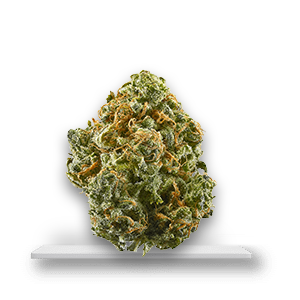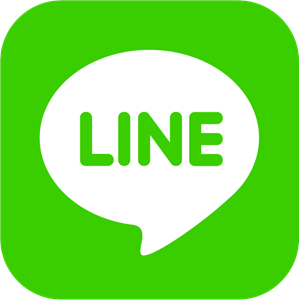Supporters of weed have often said that it can be a life-changing plant with benefits ranging from pain-relieving properties to easing anxiety and stress, improving sleep quality, and more.
However, not everyone is on board with the idea – and rightly so.
Cannabis affects people differently, so while you may enjoy the experience, your best buddy may be on a bad trip. Moreover, weed use may also interfere with other processes in your life. Therefore, it is safe to say that ganja may not be for everyone.
If you are wondering who should avoid smoking marijuana or eating edibles, here is a quick list.
Young Adults & Youth

Dope, grass, pot, ganja – these are the terms that every teenager is likely to know in today’s world. In the United States alone, at least one in three high school students has tried marijuana.
Similarly, in Thailand, recreational cannabis use among late teens (18 and 19-year-olds) has doubled since 2019 – a number likely to increase following the authorities’ acceptance of cannabis in the country.
However, the legal age limit to purchase weed in Thailand is 20 years.
Now, why is this important? Because weed affects brain development. To be more precise, THC (tetrahydrocannabinol) – the psychoactive part of the plant linked with the ‘high’ sensation – can impact the areas of the brain linked with memory, learning, emotions, reaction time, and attention.
Developing brains – particularly those of toddlers, children, and teenagers – are more prone to the harmful effects of weed. Studies have shown that the development and maturation of the brain occur during the ages of 10 to 19 and are wholly accomplished by the age of 25.
Using weed during these younger years is likely to affect how the brain forms connections for crucial functions like memory and attention – leading to cognitive problems down the line. Depending on how strong of a weed you smoke or how much you smoke every day (one joint or five), the effects may even be permanent – however, more research is needed. Similarly, there have been instances where youngsters who use marijuana frequently may have trouble remembering things.
Some studies have also suggested that early cannabis use can drop up to eight IQ points over time – something that is irreversible. So, to put it bluntly, if you start to smoke weed early in your teens and keep at it, it can make you dumb.
Early marijuana consumption can also worsen anxiety and depression and increase the risk of mental disorders.
Bottom Line: Weed is fun, and it can be good, but do not start smoking it regularly in your teenage years. Your adult self may come to regret it.
Pregnant & Breastfeeding Women

Given the tendency of weed to negatively alter a developing brain, it is strongly recommended that women do not use any form of cannabis – smoking, vaping, edibles – while trying to get pregnant, during pregnancy, and during breastfeeding.
Exposure to THC can impact both – the mom and the baby. As you may know, THC is fat-soluble and can stay in your system for several weeks. It can pass from your system to your baby’s through the placenta.
This is where it becomes a problem. With cannabinoid receptors (parts of the endocannabinoid system through which weed is absorbed into the system) present in the fetal brain and placenta, marijuana use can impact fetal development.
Similarly, during breastfeeding, the baby may consume THC from the breast milk, which can remain in the young one’s system for weeks.
Some studies have also linked weed use during pregnancy with complications like low birth weight, stillbirth, and premature birth. Human research has shown that babies born to mothers who use marijuana during pregnancy have issues with neurological development. A few studies have also indicated that marijuana-exposed children have trouble performing well in school, although research is still growing in this field.
Even secondhand weed smoke can be harmful to the mother and her baby.
In some cases, pregnant women also use cannabis to deal with nausea and morning sickness. Now, this may be helpful for those with severe ailments like cancer – but for expecting mothers, it is not a recommended practice.
Bottom Line: Using weed during pregnancy and breastfeeding is unsuitable for you and your baby – especially as they grow. It can hinder their brain development and growth, causing complications in their life.
Men Who Want to be Dads

The relationship between sperm health and men’s fertility and marijuana use has been the subject of massive research. Scientists are still learning and identifying the intricacies of this link, but there seems to be a general consensus: weed use negatively affects male fertility.
Essential characteristics like sperm count, sperm motility (the ability of the sperm to move/swim by itself), semen volume, sperm morphology (shape, structure, and size), and sperm concentration are impacted negatively by prolonged cannabis consumption.
A growing body of literature also backs the same, which is expected since the male reproductive system has specialised parts responsible for absorbing weed into the body.
This, however, depends mainly on how often you smoke weed, how strong your pot is, how you consume it (smoking or edibles), and of course, your lifestyle and habits.
Bottom Line: Guys, if you are smoking weed and want to be a father soon, quit the habit and focus on improving your lifestyle for successful conception. We also recommend you speak to your doctor to improve your chances.
Those with a Personal or Family History of Mental Disorders & Psychosis
There has been research on how cannabis – specifically CBD (cannabidiol, the non-psychoactive, chill cousin of THC) can help improve mental health and alleviate the symptoms of depression, anxiety, and stress.
However, the same cannot be said of THC, which is known to make people paranoid, increase their heartbeat, and make them anxious. This is among the leading reasons many folks are not keen on trying marijuana again.
But those who do manage to get into using weed regularly – with a daily or near-daily consumption – may quite likely develop temporary psychosis (a detachment from reality) and possibly, long-lasting mental disorders. This effect is more prominent if:
- The person has a family/personal history of mental illness
- The chronic use started from a young age
For some, cannabis can even worsen the symptoms of depression and may be linked with social anxiety and suicidal thoughts. It may not be a direct link – but more like the inactivity or the laziness caused by it may lead you further down the rabbit hole.
Therefore, people with mental health issues are among the top in the list of people who should not use weed.
Bottom Line: If you have had run-ins with mental health problems in the past, do not lose yourself in weed – it may make it worse. CBD may be a more viable alternative, but you must consult your healthcare practitioner beforehand.
People on Other Medications
Marijuana and prescription drugs can be a dangerous combination; we addressed this in our article on mixing CBD with alcohol and medicines – and the same logic can be extended in general to weed too.
The principle here is altered concentration, which causes the medicine’s concentration to increase or decrease in your system. This arises from the interaction between cannabis and drugs in your body. In fact, THC can interact with up to 400 prescription drugs, while CBD interacts with over 540. That is a whole lot of medicine!
When this happens, side effects like bleeding problems, reduced heart rate, drowsiness, erratic breathing rate, and aggression may not be noticeable.
As a rule of thumb, if you are on sedatives, antidepressants, anti-anxiety medications, pain medicines, seizure medicines (anticonvulsants), stomach medications, and anticoagulants (blood thinners), avoid taking weed.
Bottom Line: The interaction between prescription medicines and weed can be harmful for you; please talk to your doctor beforehand. If you are that keen on taking cannabis, then your doctor may adjust the dosage to reduce the impact of these interactions.
Other People Who Should Not Use Cannabis
In addition to the list mentioned above, the people falling in the following category may also want to rethink their weed consumption:
- Those with lung-health-related problems and respiratory ailments, especially if weed is consumed through smoking/vaping. Smoking marijuana can lead to increased mucus production and cough, and then there are the harmful effects of smoke itself on lung tissues
- Those with severe kidney or liver diseases
- Folks with heart-related problems with low blood pressure, high blood pressure, and rapid heart rate (tachycardia)
- Those who are heavy users of alcohol (weed and alcohol do not mix well unless it is the weed that is dominant in your system. Remember – weed before beer, you are in the clear)
- Those with a propensity for addiction/substance abuse; weed may not be as addictive as alcohol and other drugs, but it still can cause some dependence – notably among the youth
- Athletes: smoking or consuming marijuana (with THC) may slow your physical and mental performance – in addition to possibly getting you barred from competitions due to the failure of doping tests. Pure CBD may be a better alternative as it is not considered a doping agent
Parting Thoughts
Marijuana is not for everyone – especially for youngsters and teenagers, pregnant/breastfeeding mothers, and men who want to be fathers soon. There is plenty of evidence that backs these claims, and if you are still not convinced to ditch the pot itch, then talking to your doctor should convince you.
In some cases – like those with a mental illness history – a switch to CBD may be better than just consuming THC-laden weed. After all, you get to experience the goodness of cannabis minus the craziness of the psychoactive THC.

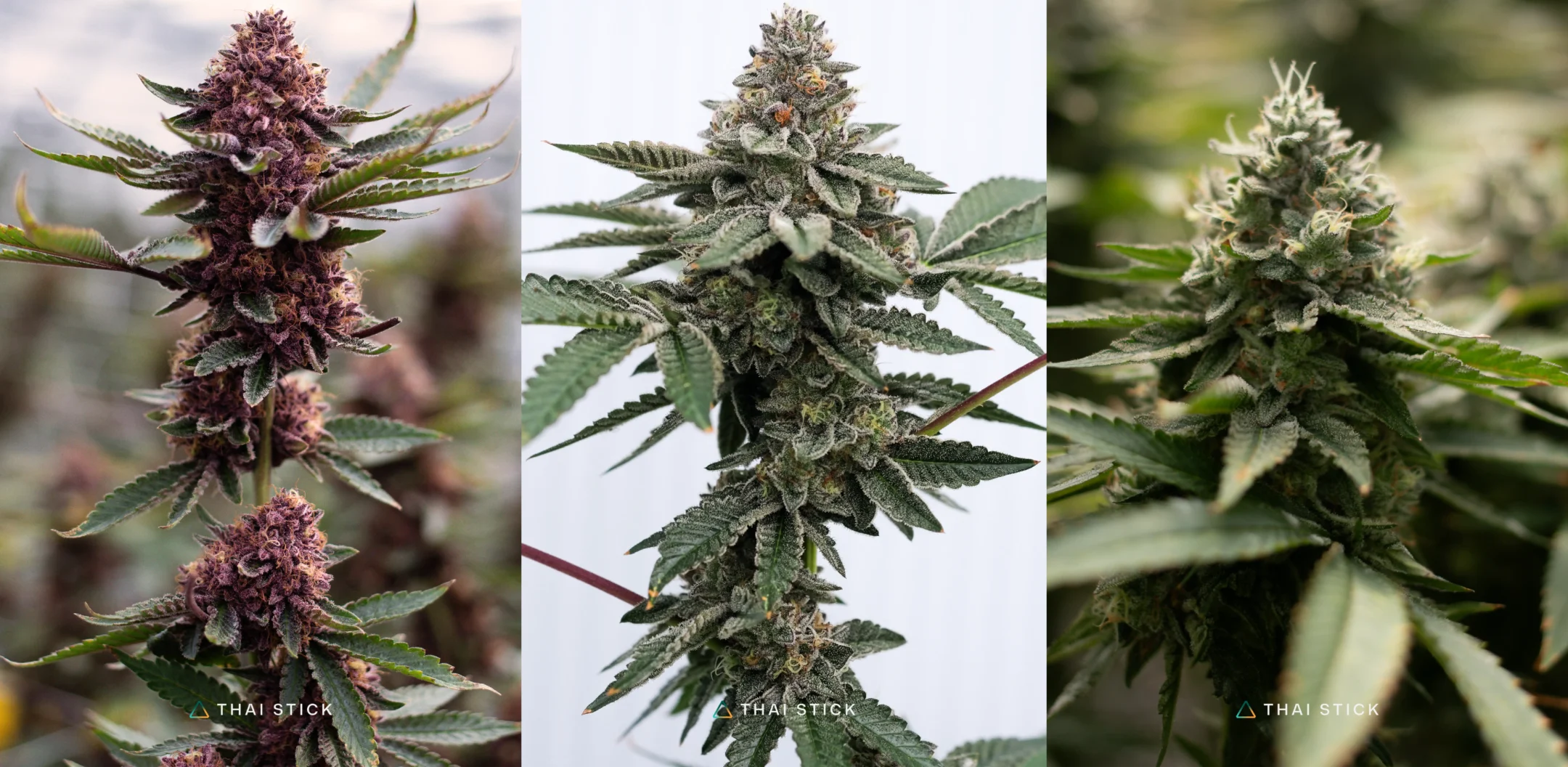
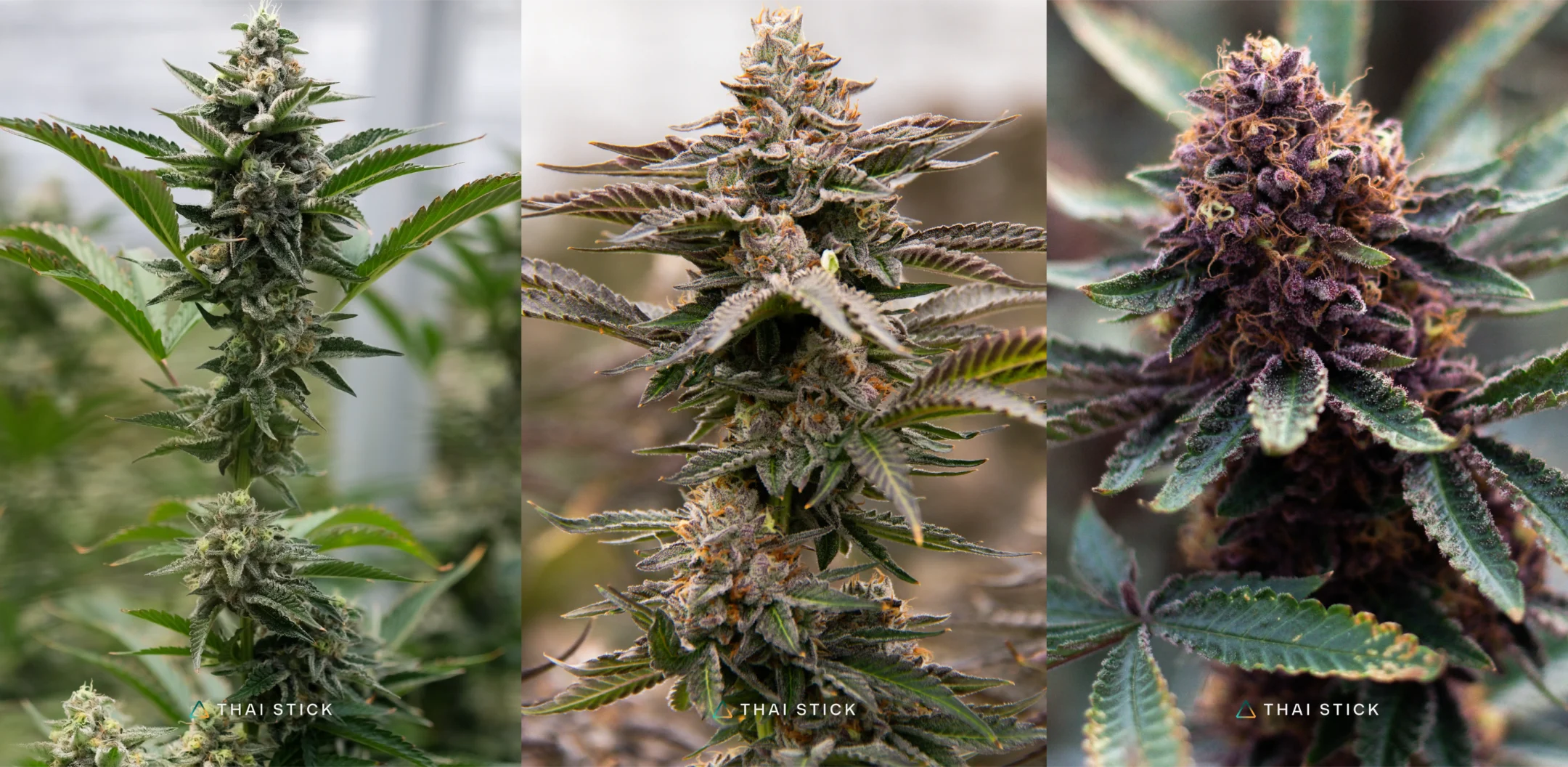
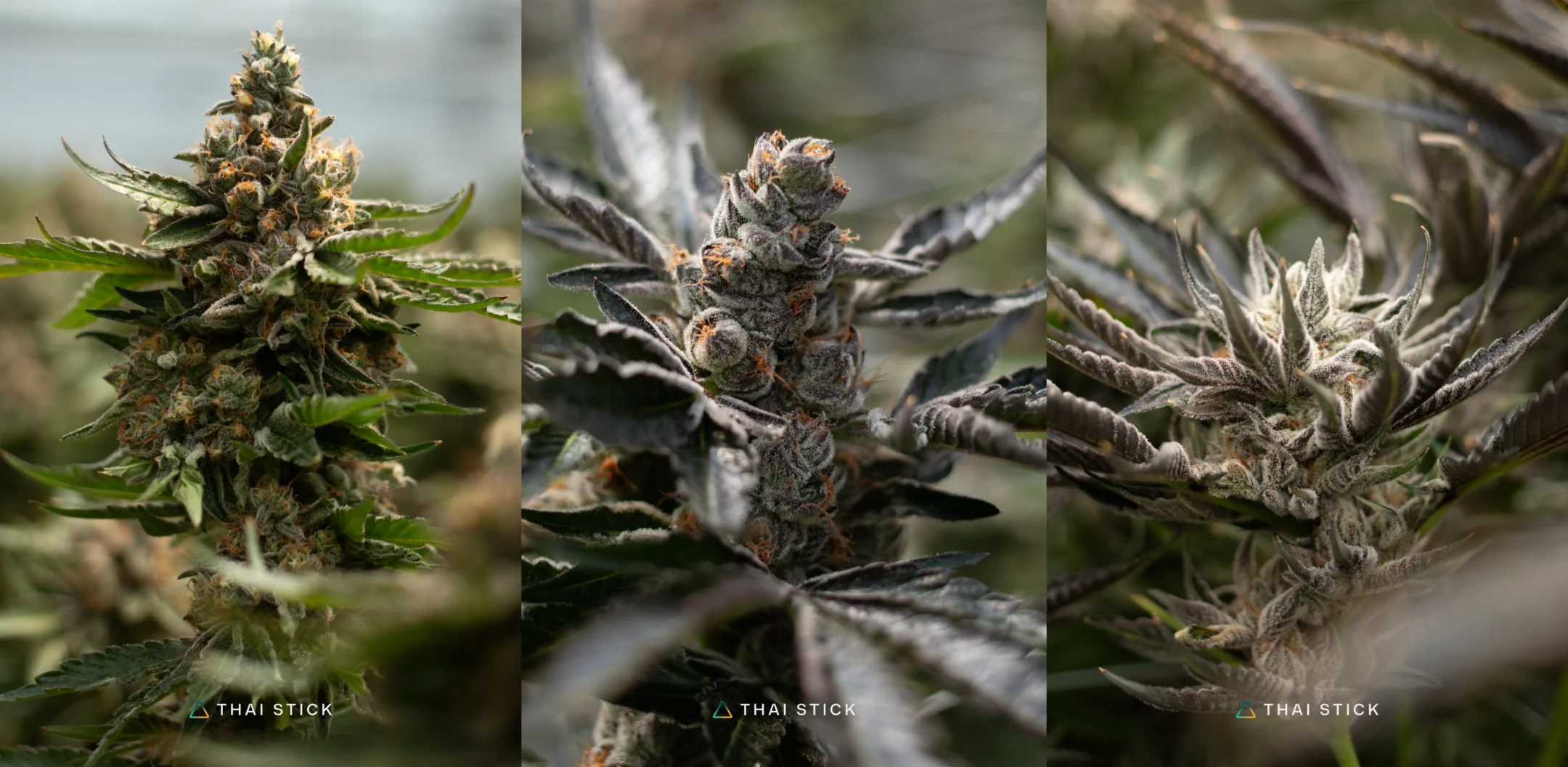
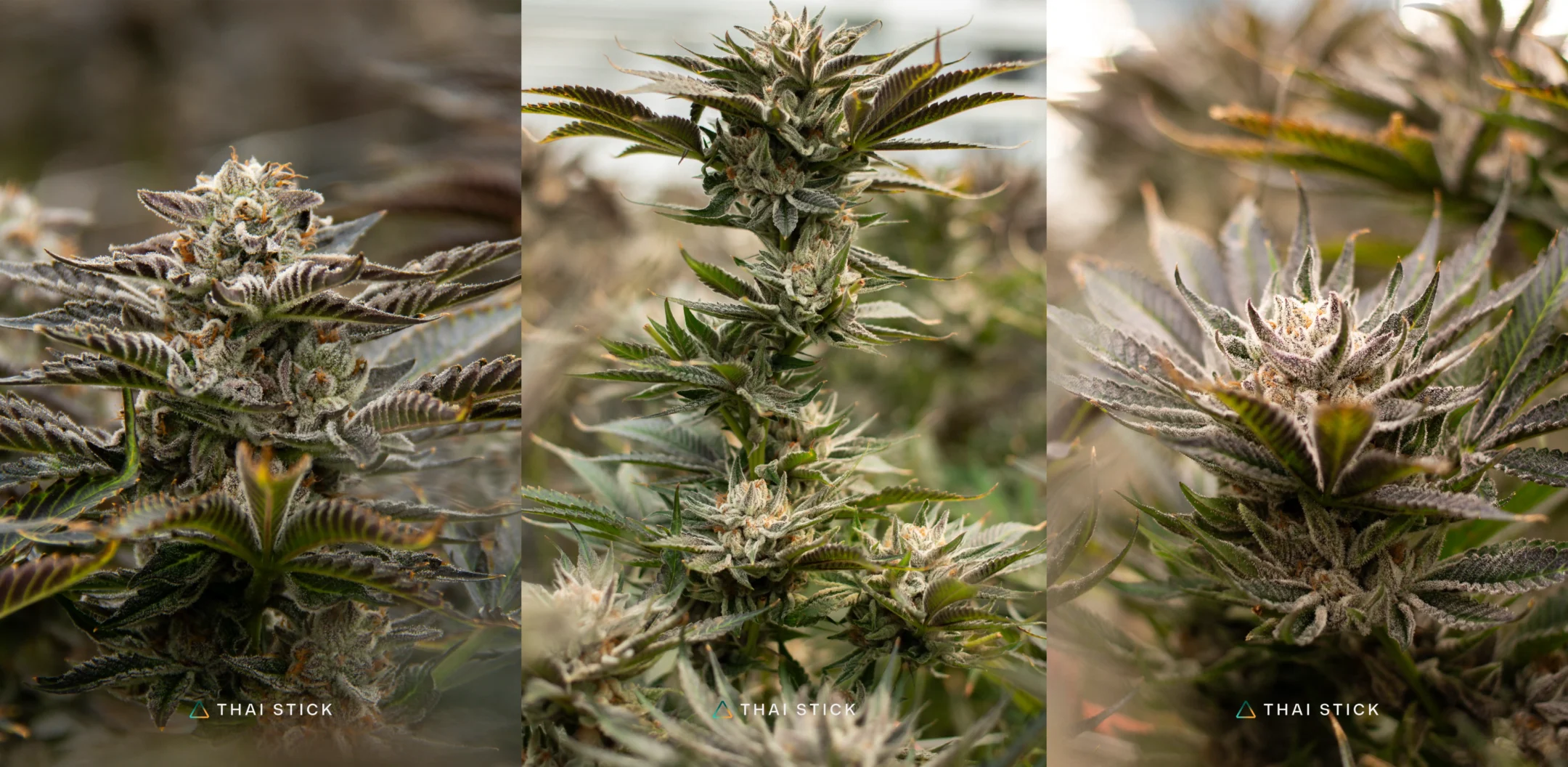
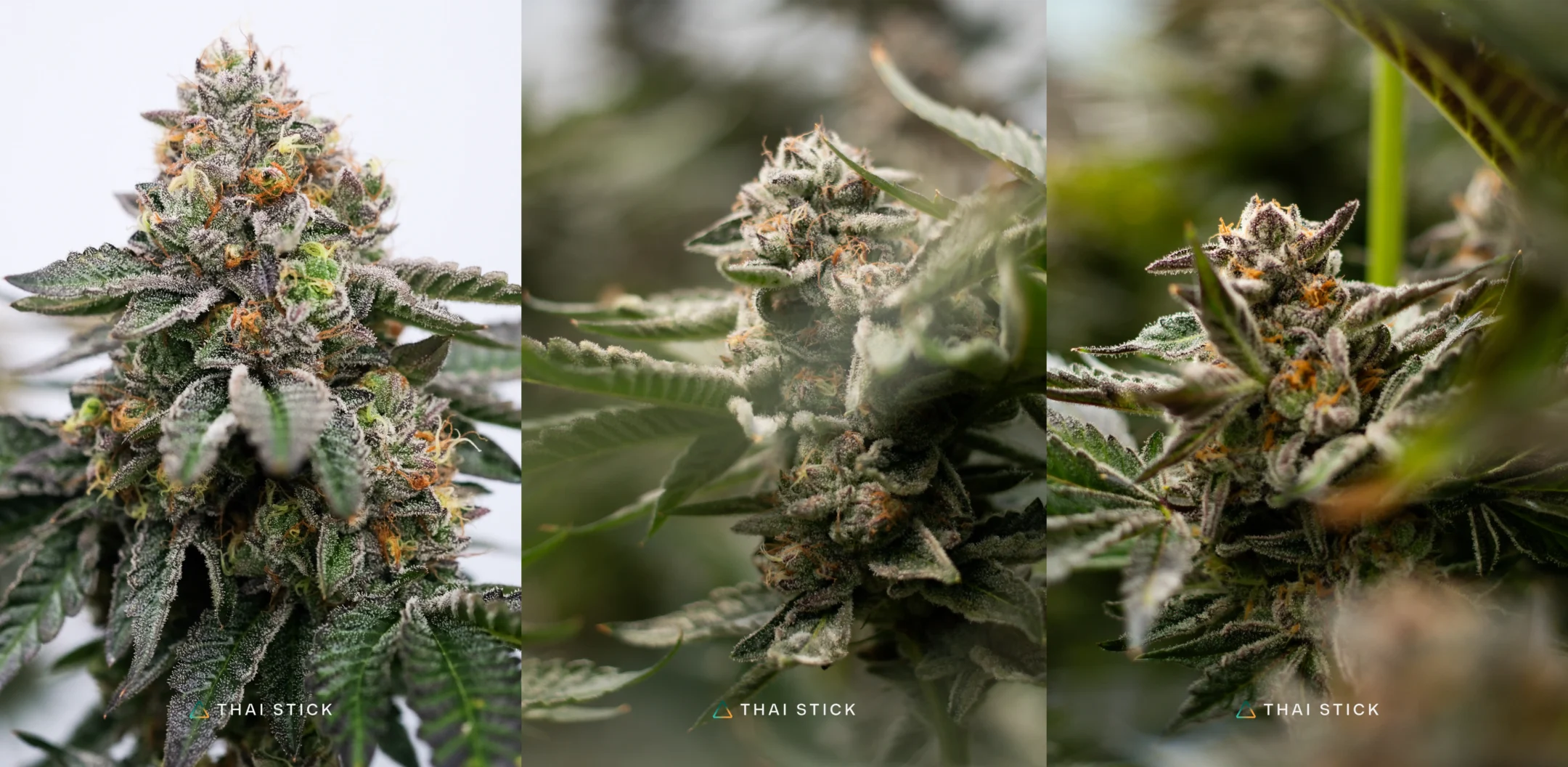
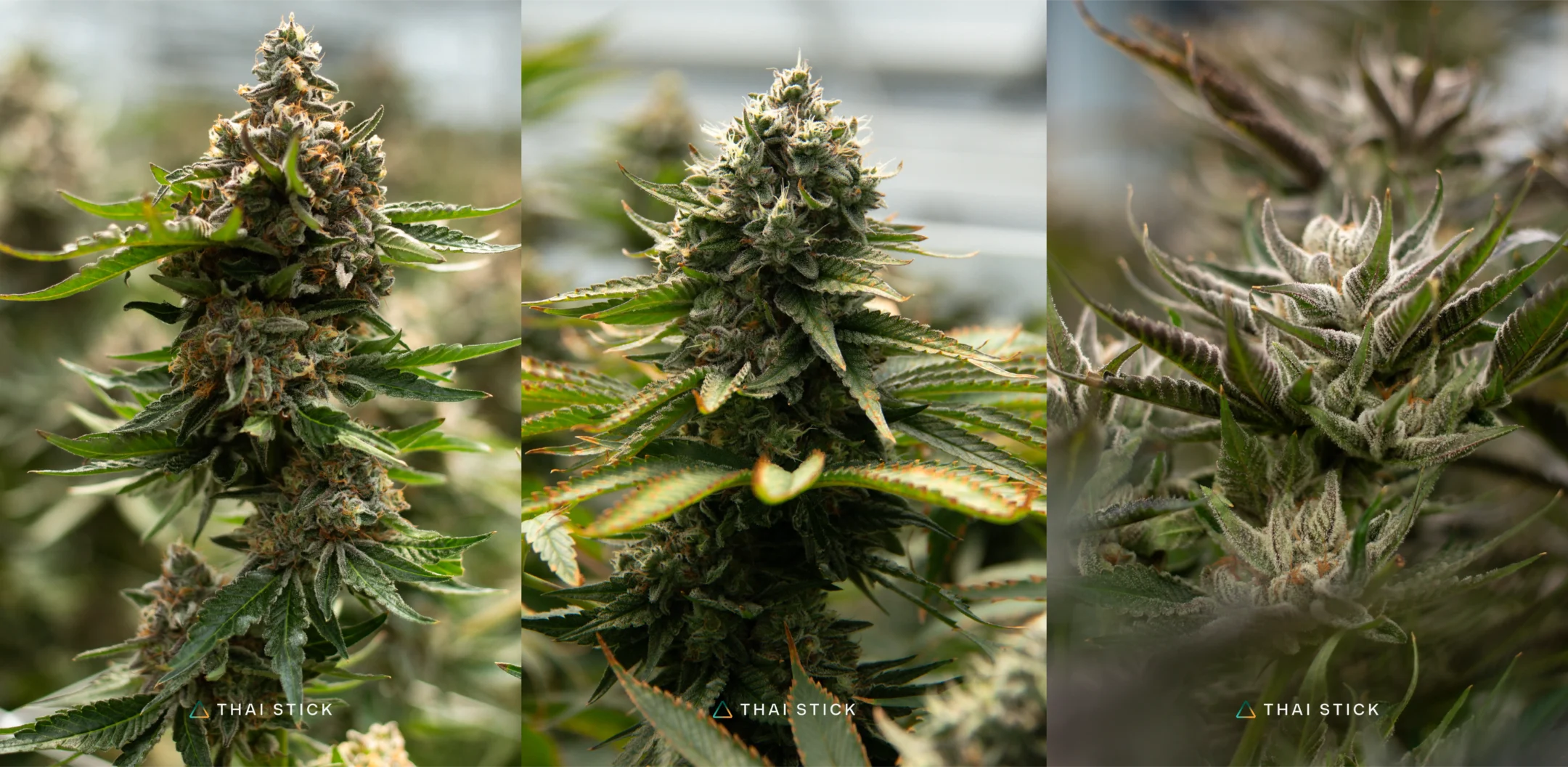
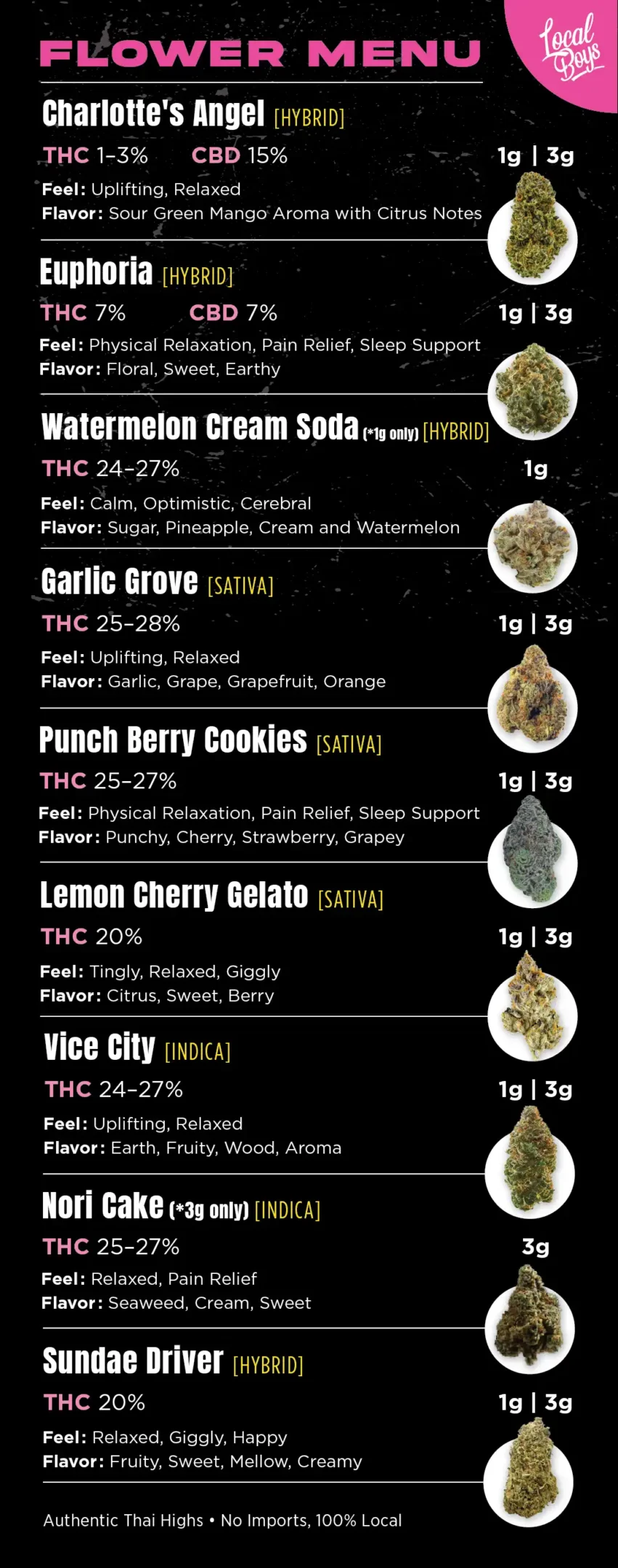

 @bloom.asia
@bloom.asia

